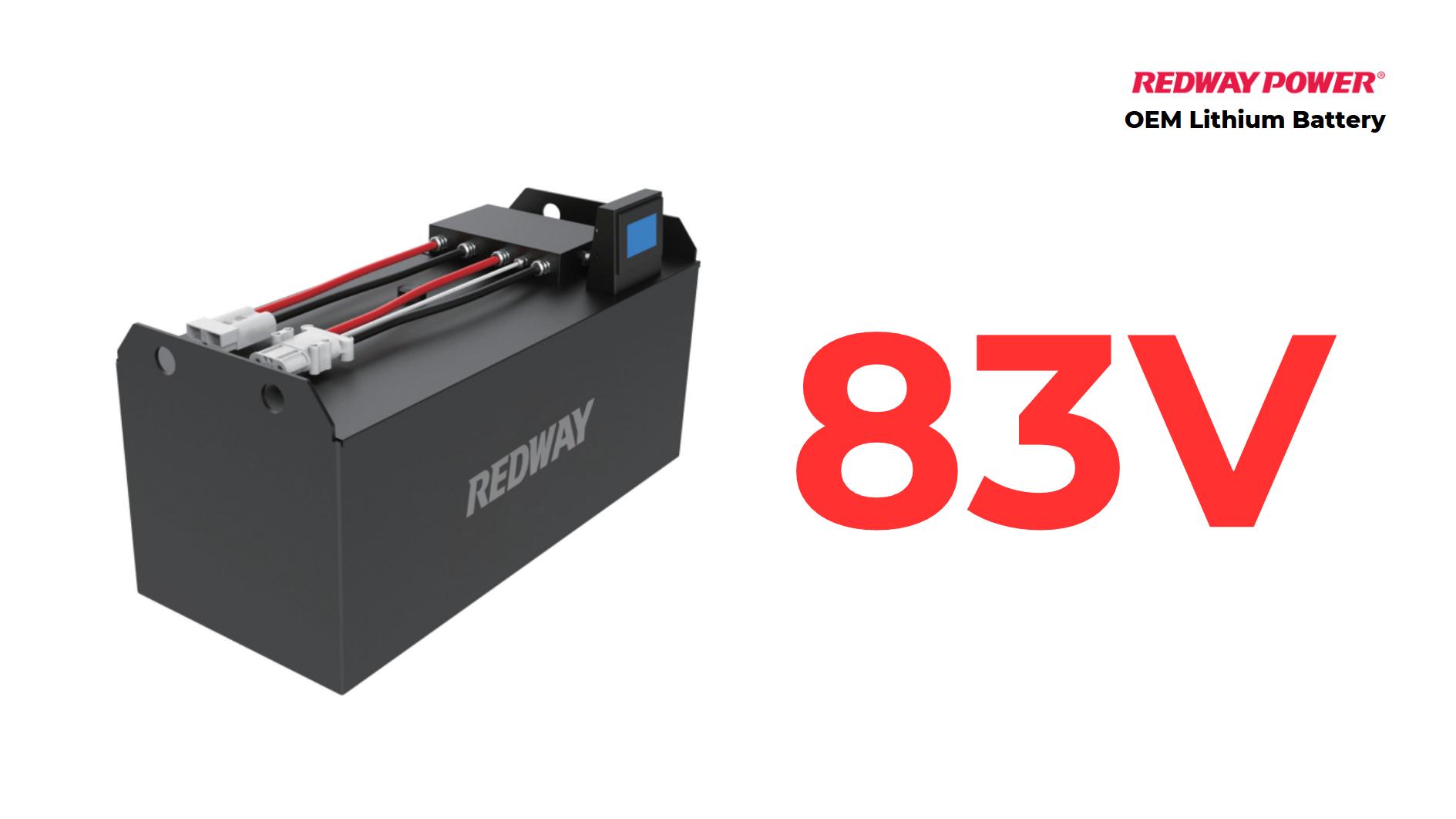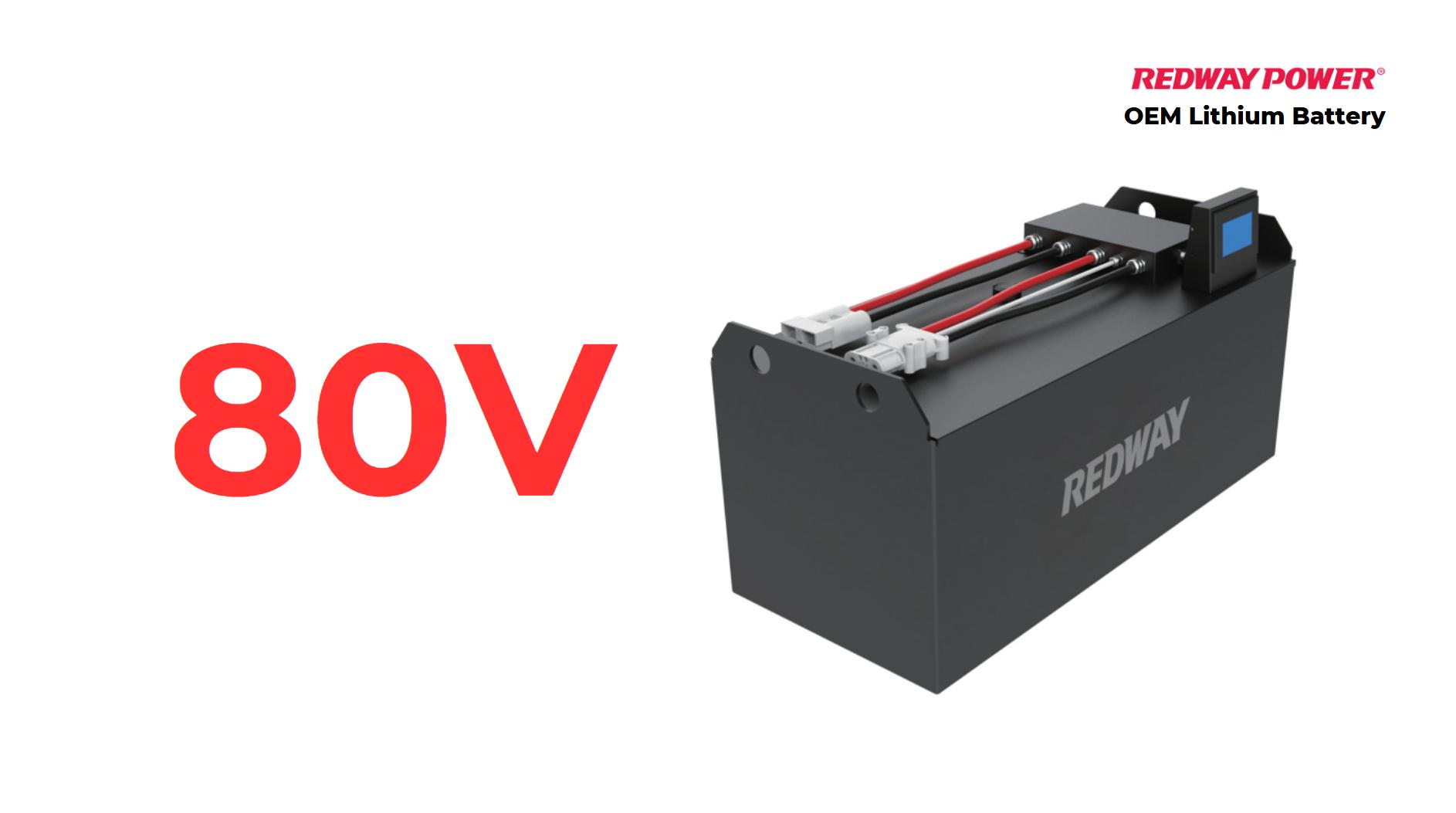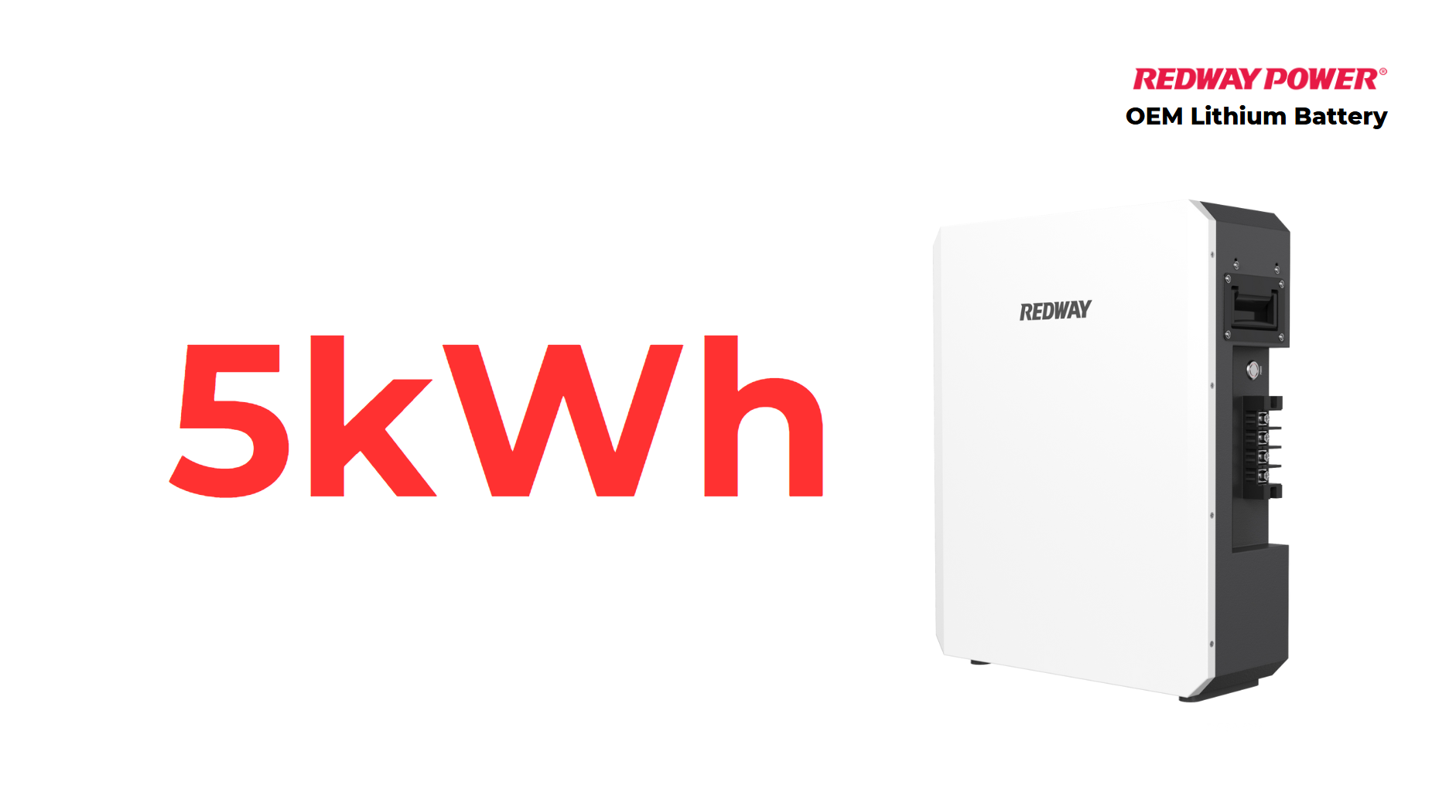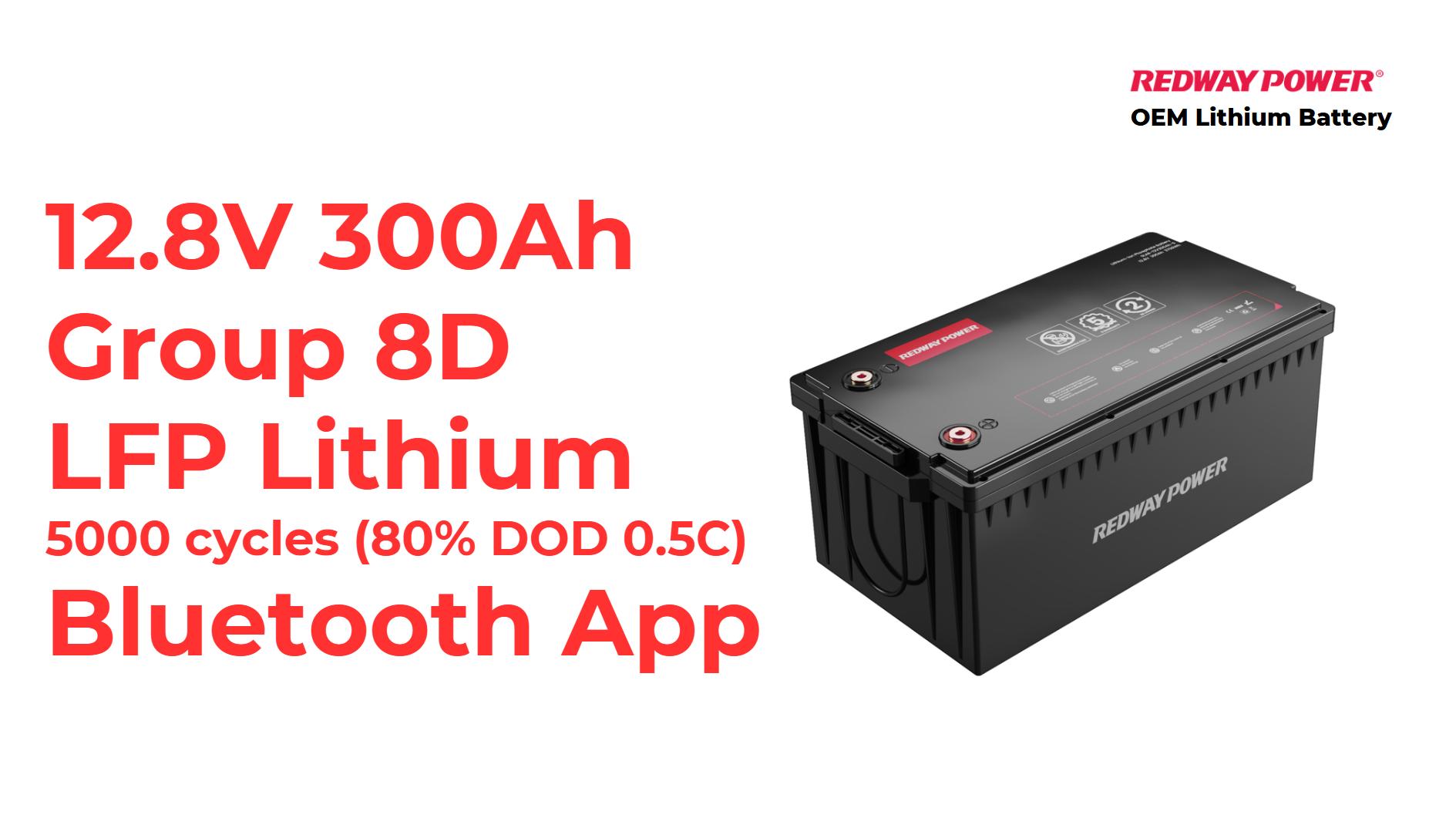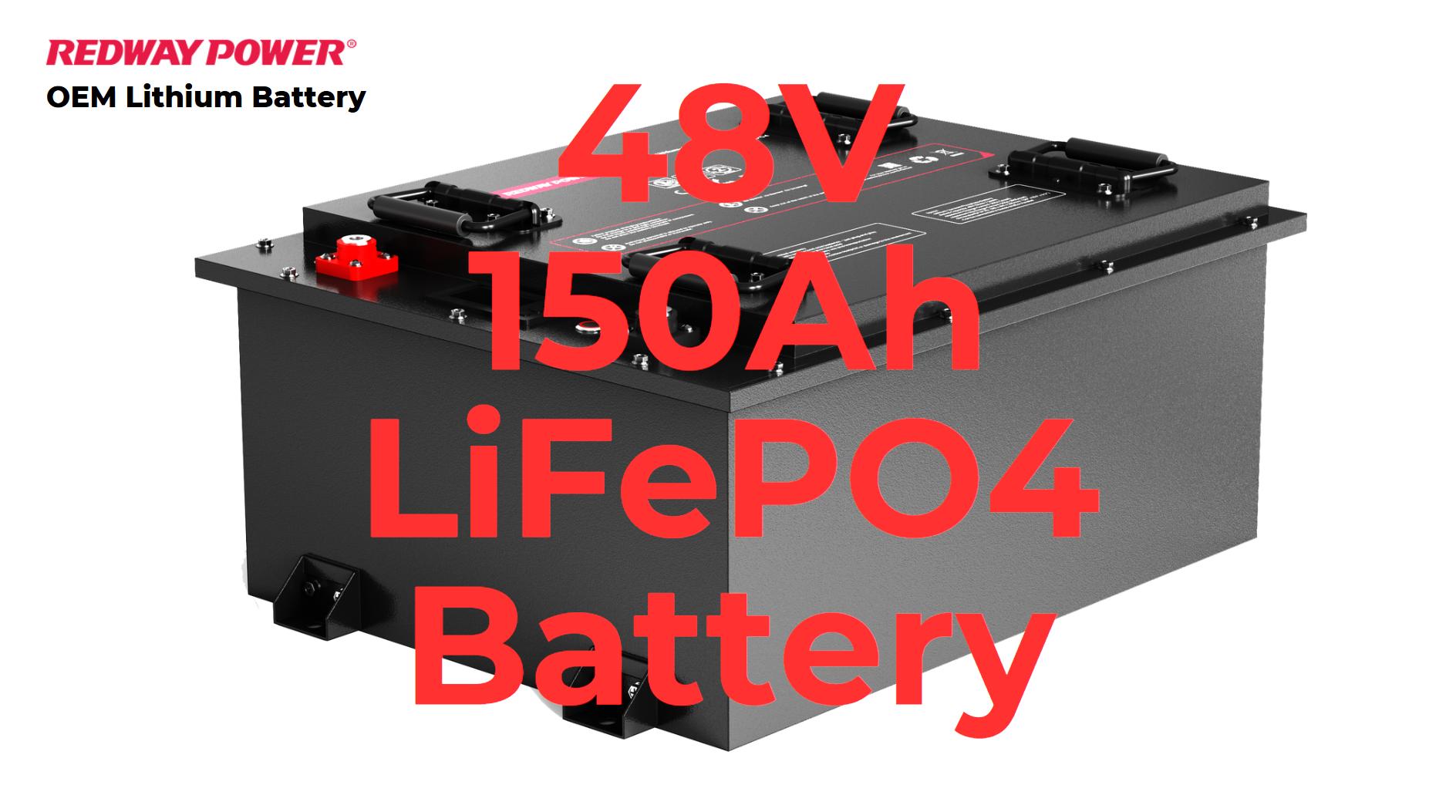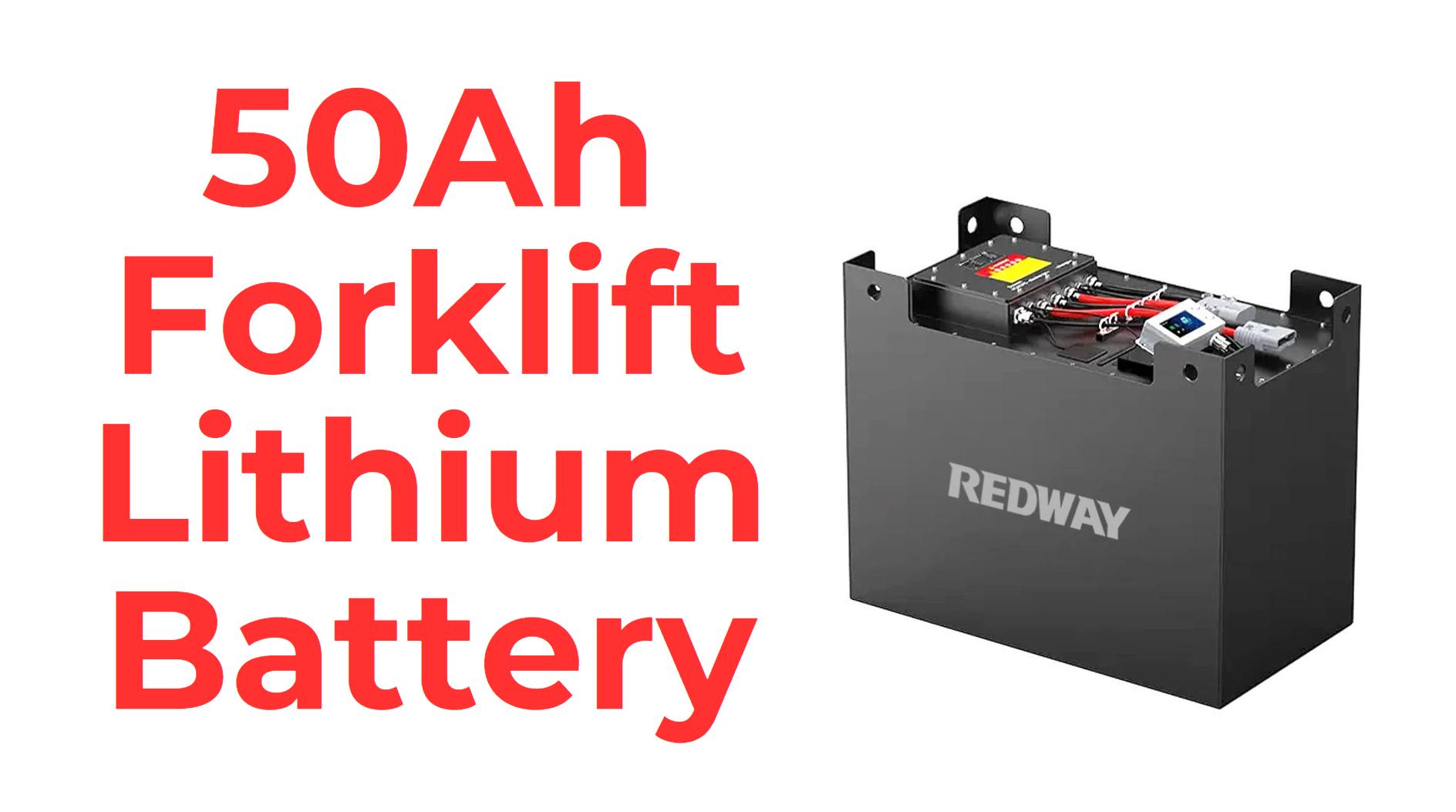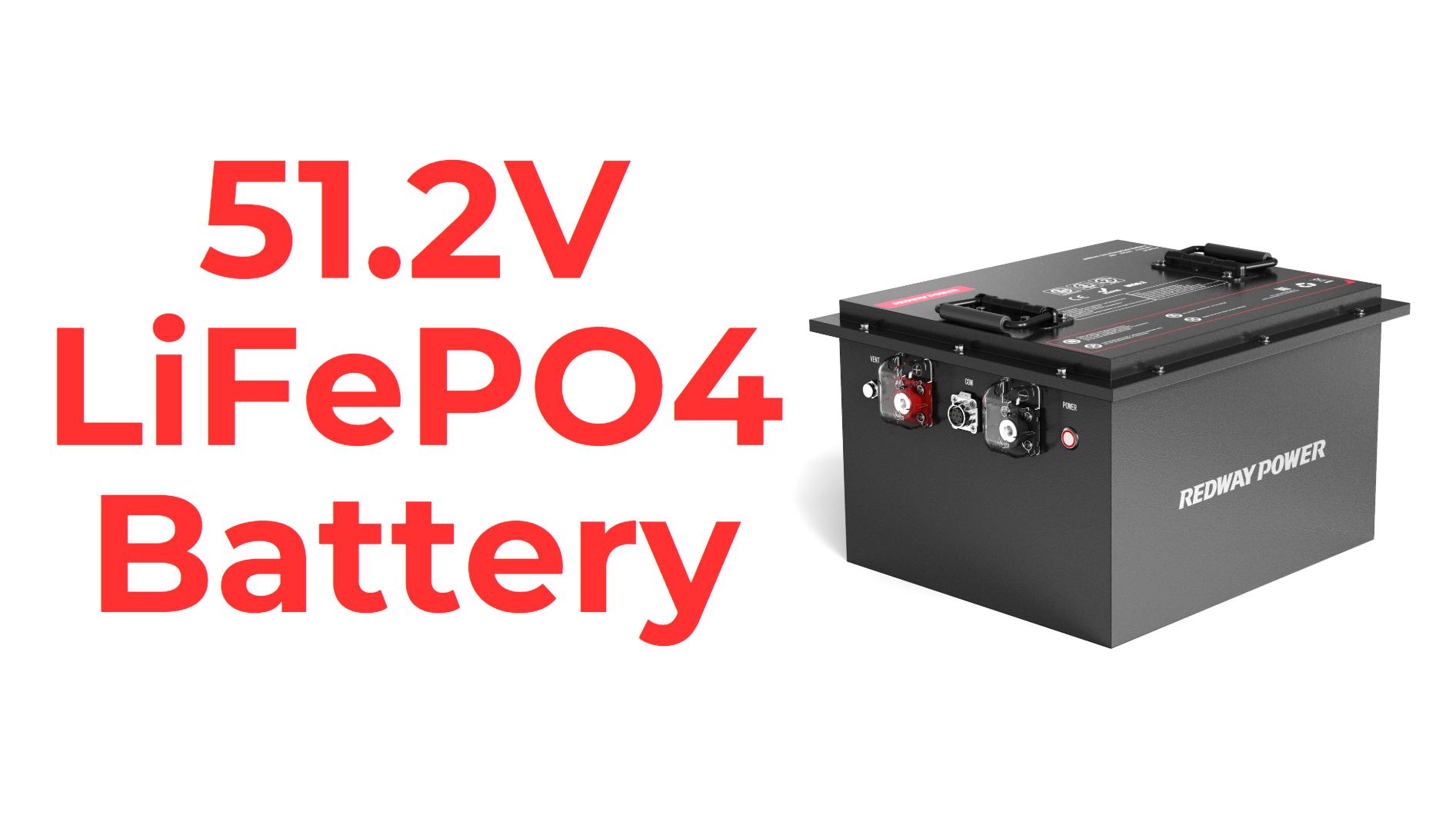What Are the Advantages of 700Ah Lithium Batteries?
700Ah lithium batteries are increasingly popular for various applications, including renewable energy storage, electric vehicles, and industrial equipment. These batteries offer significant benefits such as high energy density, long cycle life, and reduced maintenance needs, making them an ideal choice for both residential and commercial uses.
How Do 700Ah Lithium Batteries Work?
700Ah lithium batteries operate using lithium-ion technology, which allows for efficient energy storage and discharge. These batteries consist of multiple cells connected in series and parallel configurations to achieve the desired voltage and capacity. This design enables them to deliver high power output while maintaining a compact size, making them suitable for demanding applications.
What Are the Key Features of 700Ah Lithium Batteries?
700Ah lithium batteries are characterized by several essential features:
- High Energy Density: They provide more energy per unit weight compared to traditional lead-acid batteries.
- Long Cycle Life: Typically exceeding 3000 cycles, these batteries outlast many other types.
- Maintenance-Free: Unlike lead-acid batteries, lithium batteries do not require regular maintenance such as watering.
- Fast Charging: They can be charged quickly, reducing downtime for equipment.
Which Applications Benefit Most from 700Ah Lithium Batteries?
The versatility of 700Ah lithium batteries makes them ideal for various applications:
- Renewable Energy Storage: Used in solar power systems to store excess energy for later use.
- Electric Vehicles (EVs): Provide power for high-performance electric vehicles.
- Industrial Equipment: Suitable for powering forklifts and other heavy machinery.
- Backup Power Systems: Used in uninterruptible power supply (UPS) systems for critical applications.
Chart: Applications of 700Ah Lithium Batteries
| Application | Benefits |
|---|---|
| Renewable Energy Storage | Efficient use of solar energy |
| Electric Vehicles | High performance and reliability |
| Industrial Equipment | Enhanced power output |
| Backup Power Systems | Reliable energy source during outages |
Why Are 700Ah Lithium Batteries Preferred Over Lead-Acid Batteries?
700Ah lithium batteries are preferred over lead-acid batteries due to their superior performance characteristics:
- Weight Advantage: Lithium batteries are significantly lighter, improving the efficiency of the equipment they power.
- Space Efficiency: Their compact design allows for better space utilization in equipment.
- Environmental Impact: Lithium batteries are more environmentally friendly as they contain fewer hazardous materials.
How Do 700Ah Lithium Batteries Compare to Other Battery Types?
When comparing 700Ah lithium batteries to other types such as nickel-cadmium (NiCd) or lead-acid, lithium batteries stand out in several areas:
- Efficiency: Higher energy density and efficiency in power delivery.
- Lifespan: Longer lifespan with more charge cycles.
- Maintenance: Lower maintenance requirements.
Chart: Comparison of Battery Types
| Battery Type | Energy Density | Lifespan | Maintenance | Cost |
|---|---|---|---|---|
| 700Ah Lithium | High | Long | Low | Moderate |
| Lead-Acid | Low | Short | High | Low |
| NiCd | Moderate | Moderate | Moderate | Moderate |
Who Are the Leading Manufacturers of 700Ah Lithium Batteries?
Several manufacturers specialize in producing high-quality 700Ah lithium batteries. Notable companies include:
- Thunder Sky Winston Battery: Known for providing high-power lithium-ion batteries widely used in electric vehicles and energy storage systems.
- Evlithium: Offers a range of optimized battery packs suitable for various applications, including solar energy storage.
- NPP Power: Provides reliable lithium battery solutions with extensive warranties.
When Should You Consider Upgrading to a 700Ah Lithium Battery?
Upgrading to a 700Ah lithium battery is advisable when:
- You need improved performance and efficiency in your equipment.
- You want to reduce maintenance costs associated with traditional battery systems.
- Your operations require faster charging times to minimize downtime.
Where Can You Purchase 700Ah Lithium Batteries?
700Ah lithium batteries are available through various suppliers and manufacturers online. It is essential to choose reputable brands that offer warranties and customer support to ensure quality products.
Can 700Ah Lithium Batteries Be Used in Extreme Conditions?
Yes, many 700Ah lithium batteries are designed to operate effectively in extreme temperatures and conditions. Their robust construction allows them to withstand harsh environments commonly found in industrial settings.
Expert Opinions
“700Ah lithium batteries are a significant advancement in energy storage technology,” states Dr. Sarah Mitchell, an expert in battery technology. “Their combination of efficiency, longevity, and low maintenance makes them an excellent choice for both residential and commercial applications.”
Conclusion
700Ah lithium batteries offer substantial advantages over traditional battery technologies, making them ideal for powering renewable energy systems, electric vehicles, and industrial equipment. Their high energy density, long cycle life, and minimal maintenance needs position them as a preferred choice in modern energy solutions.
FAQ
- What are the main applications of 700Ah lithium batteries?
They are primarily used in renewable energy storage systems, electric vehicles, industrial equipment, and backup power systems. - How long do 700Ah lithium batteries last?
These batteries typically exceed 3000 charge cycles, offering a longer lifespan than lead-acid options. - Are 700Ah lithium batteries safe?
Yes, they have built-in safety features that protect against overcharging and overheating.

